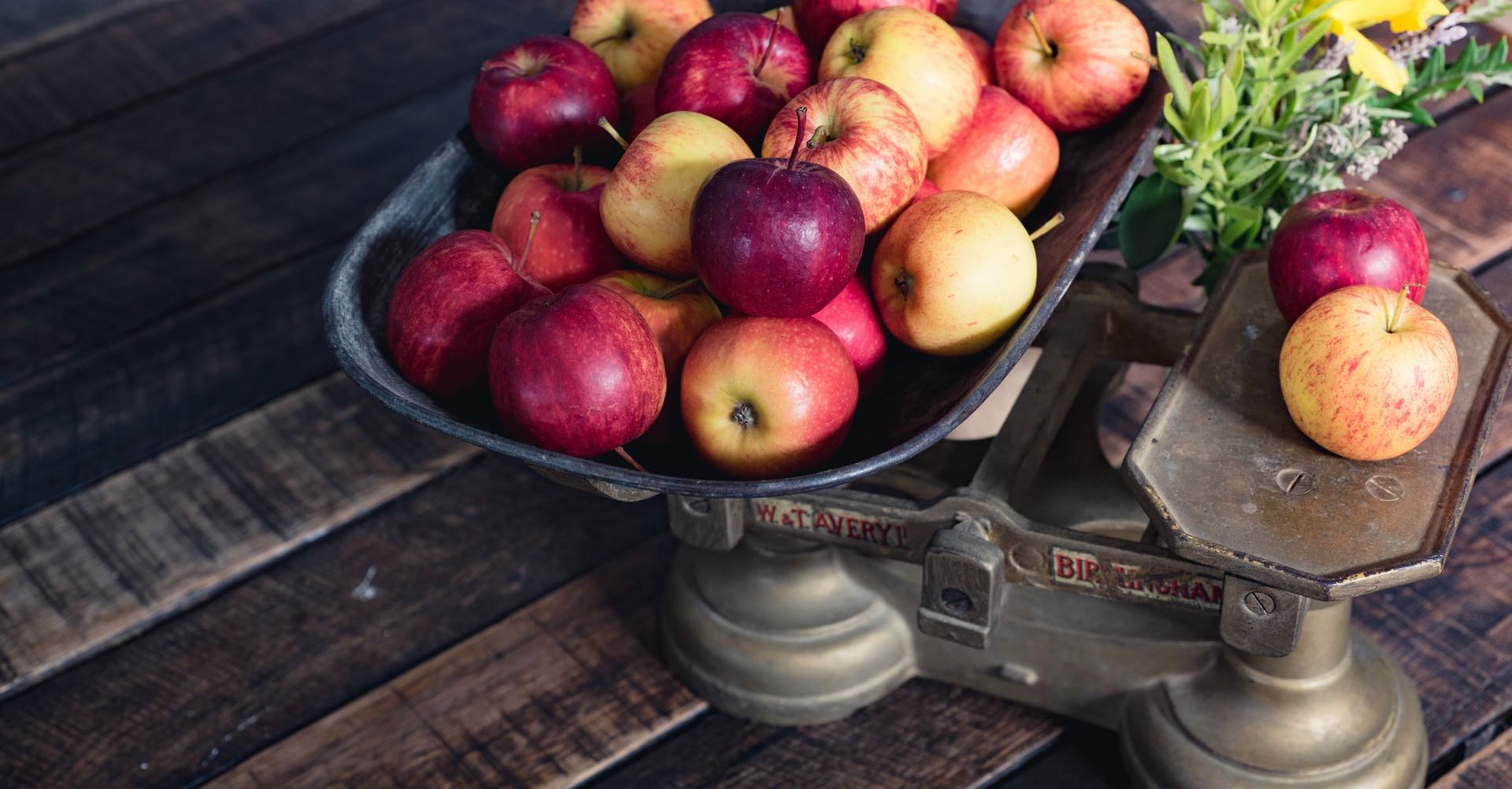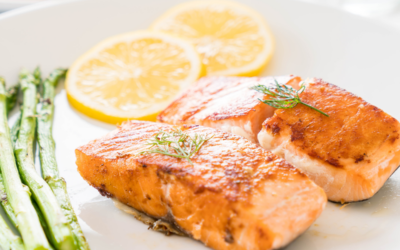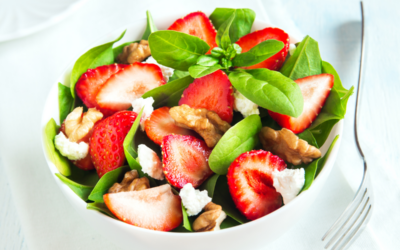Choosing to live a healthy lifestyle does not mean you need to break the bank. Instead, following a healthy regimen can do wonders.
What does a food regimen entail? How can you develop a healthy food regimen for yourself? What kind of food should or shouldn’t you eat?
This article gives details on a self-care food regimen to help maintain your health.
What is a Food Regimen?
According to the Cobuild English dictionary, a regimen is a set of rules about food and exercise that some people follow to improve their health.
These systems emphasize certain foods, balancing those foods, and controlling portion sizes. A regimen is meant to improve the condition of the body and maintain a healthy lifestyle through either exercise or food. Hence, the regimen is of two types: exercise regimen and food regimen.
Food regimens involves the systematic course of diet therapy to improve one’s health.

Why Follow a Food Regimen?
It helps against malnutrition by ensuring you don’t over-eat and, when you do eat, you’re eating complete and balanced meals. Unbalanced meals focusing more on certain things (like low fat, or low carbs) can lead to ill health.
To expand on the above, any deficiency in a macronutrient can also make you prone to sickness. So some people choose to create a regimen that ensures they are eating balanced meals from the appropriate food groups for their body type.
It is often said that “an apple a day keeps the doctor away.” Apples and other kinds of fruit are needed in your diet as lack of vitamin C causes scurvy, but you may find it hard to make a place for fresh fruit in your current diet.
Too much sugar in the diet makes one prone to diabetes, too little protein causes kwashiorkor (a severe protein deficiency). Staying healthy is all about balance.
Malnutrition can lead to many diseases affecting people worldwide, including stroke, cancer, heart disease, diabetes, and more. All of this just because people are eating too much of one thing or not enough of another. Hence, a good deal of these conditions can be reduced simply by becoming conscious of your diet.
Creating a food regimen is a great idea for keeping yourself on course and making sure that you’re meeting your medical needs. It can even be manipulated to work with a person’s income level or medical history.
The first step involves learning what foods create a balanced diet, and seeing what you’re missing out on or overindulging in. See below for more tips to start in on a self-care food regimen.
Tips for Self-Care Food Regimens
1. Tea and Journaling
Tea in general has a ton of health benefits, and each variety has its own specific benefits as well. Tea can be a relaxing way to get a small boost of caffeine and warm up from the inside out.
But we want to talk about self-care, too, and that means staying present and conscious in your life. While sipping your tea in peace with your journal by your side, you can prepare yourself mentally for the day. Write out a to-do list, a summation of the day before, or just free-write whatever comes to mind. It’s a great way to start your day productively and intentionally.
2. Green Smoothies
Smoothies are a great option either as a snack or an addition to a small meal. They’re easy to drink, easy to make palatable depending on what flavors you like, and a super easy way to get all of those nutrients in!
One of the healthiest drinks today is a green smoothie. Green smoothies have a base in greens (like spinach) which are incredibly beneficial. But you don’t need to gulp down a dirty tasting drink; adding other fruits like apples and berries can cut down on the bitter taste and make the drink enjoyable.
This is a guaranteed way to get your necessary nutrients as well as an energy boost.

3. Stop Eating by 7 pm
You may have heard of fasting and turned away from it, since it’s often associated with certain religious practices. But it turns out fasting is actually great for your body and a wonderful way to control your food intake by cutting down on that late-night snacking.
The easiest way to incorporate fasting into your daily regimen is to stop eating from 7PM to 9AM. The idea behind fasting is that you want to eat when your body is awake and ready to go; ready to break down that food and take in those nutrients! Eating before bed can lead to slow nutrient absorption and stomach pain.
During sleep, your body is in a slowed-down state, unable to break down and absorb as much as it should.
4. Be Punctual
Eat good foods at regular intervals. Do not delay your meals unnecessarily or skip them, either.
Your body needs the nutrients supplied by the food you consume to sustain itself. Skipping a meal here and there could lead to feelings of tiredness, slow thought, or just feeling thrown off-balance.
5. Enjoy the Moment
Another part of the self-care section of the regimen. Cooking can be a great way to focus, relax, and be very aware of what you’re putting into your body.
When preparing food, pay attention to what you’re eating. Does it look varied? Is there an overabundance of protein compared to veggies?
Then, enjoy the meal…but enjoy the cleanup process as well! Nothing feels as good as tying up loose ends, and leaving your dishes and kitchen clean after a good meal will make you feel full and fulfilled.
6. Plan Ahead
It’s easy to walk into a grocery store and buy whatever you’re craving at that moment. Unfortunately, this can often lead to unhealthy choices.
Set yourself up for success by planning meals out ahead of time and writing up a list. Start with produce – then move to meat (which, by the way, shouldn’t be the main portion of your meal anymore!).
Planning ahead will make the shopping go faster, allow for more balance in your diet, and help control finances.
7. Balance, Balance, Balance
We can’t over-state this enough. Balance is incredibly important when it comes to your regimen. These days, the food pyramids we learned about in school aren’t really an authority on how to plan your meal anymore. And too many diets cut out the important stuff, trying to get you to lose weight fast.
So what’s a balanced diet actually look like?
Veggies, and a colorful variety of them! Vegetables of all kinds provide different nutrients that are essential. Don’t just grab leafy greens; grab leafy purples, reds, rainbows. And while you’re at it, check out the potatoes – not just Idaho, but also sweet potatoes and yams. Beans and peas are also essential, and a great source of protein.
Fruits can be incredibly sugary, but also often include the vitamins we need most. Juice contains fewer nutrients, so try to skip that when you can. Try incorporating berries into yogurt, apples into oatmeal, or bananas into a PB sandwich. Get creative with it, but get those fruits in.
Grains are easily overlooked. Whole grains are the best for you as your body will break them down slowly and have less of an effect on your blood sugar. Refined grains are processed and contain less protein and fiber, the latter of which is incredibly important. Look for quinoa, brown rice, oats, and other grains.
Most people think meat when they think protein, and that is a large portion of this essential nutrient. The best protein from meat should be lean, meaning that you want to look at pork, chicken, and turkey first. Go for the beef last, and as a treat; it shouldn’t be the center of every meal. But keep in mind that protein can also be found in fish and beans!
Lastly, dairy should definitely be a component of this diet. Don’t overdo it, but get that calcium in. Low-fat options are great, but surprisingly, many non-dairy items (like almond milk) also have a ton of calcium!

8. Hydrate
Lastly, we want to remind you to drink water. Water is life. It is an essential need for a healthy body, allowing it to metabolize the food you’re eating and keep your cells chugging along.
Your body lets out toxic wastes through urine, which is mainly constituted of water. An adult man needs to drink an average of 3 liters of water daily to live healthily and free of toxicity.
Conclusion
Having a set of rules personally set for one’s diet is a step to healthy living. It doesn’t have to be cumbersome for effectiveness. All that’s needed is an interest in what you’re eating and the desire to be healthier!
Eat balanced meals regularly, avoid overeating, and drink plenty of water.















